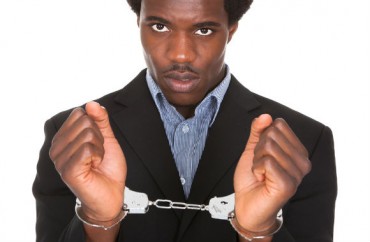
Even as critics of college sexual-assault investigations say that law enforcement should be more involved in the process, police themselves are adopting some of the more questionable recommendations of anti-rape activists, particularly that accusers should face little scrutiny and officers should limit their collection of evidence to stymie the accused.
Countering that approach is one goal of a new campaign by the Center for Prosecutor Integrity, a nonprofit group that fights “over-criminalization” of sex-related activities.
Launched in the wake of a report that says the conviction of black men for alleged sex crimes is “the new war on drugs,” the center’s Wrongful Convictions of Sexual Assault Program is a three-pronged attack on trends in campus, police and even military rape investigations:
The first effort is seeking to curb the expansion of “victim-centered investigations,” in which criminal investigators are instructed to cede “control of the process back to the victim” and are told that the complainant has a “right to request certain investigative steps not be conducted.”
The second is directed to Campus Sexual Assault, where due process protections are often lacking for students accused of sexual assault.
RELATED: Vindication for student athlete accused of rape: six-figure settlement with university
The third initiative, the Military Justice Project, is addressing the erosion of due process protections for military service members accused of sexual assault.
The new program offers resources on “prosecutorial misconduct,” the effort within the American Law Institute to make rape a presumed-guilty crime, and an “Exoneree Honor Roll” of accused people who were exonerated of rape.
The group also released a white paper that “draws parallels between the treatment of Black men accused of rape during the infamous Jim Crow period, and the adjudication of sexual assault cases in the current era.”
RELATED: University of Texas tells its police to hide evidence that favors students accused of rape
The paper recounts perhaps the most famous incident of an exonerated student who went to jail for a false accusation, the high school athlete Brian Banks, who said his lawyer recommended he take a plea because “the jury [is] automatically going to see a big, black teenager and automatically assume [you are] guilty.”
https://youtu.be/BfnDfQsjbJQ
It also cites Harvard Law Prof. Jeannie Suk, who has written that America should “heed our legacy of bias against black men in rape accusations,” particularly since colleges “conveniently” do not track the “racially disproportionate impact” of rape accusations.
Read the center’s release and its white paper.
RELATED: Law students complain rape law too traumatizing to study, law professors say
Like The College Fix on Facebook / Follow us on Twitter
IMAGE: Andrey Popov/Shutterstock





Please join the conversation about our stories on Facebook, Twitter, Instagram, Reddit, MeWe, Rumble, Gab, Minds and Gettr.